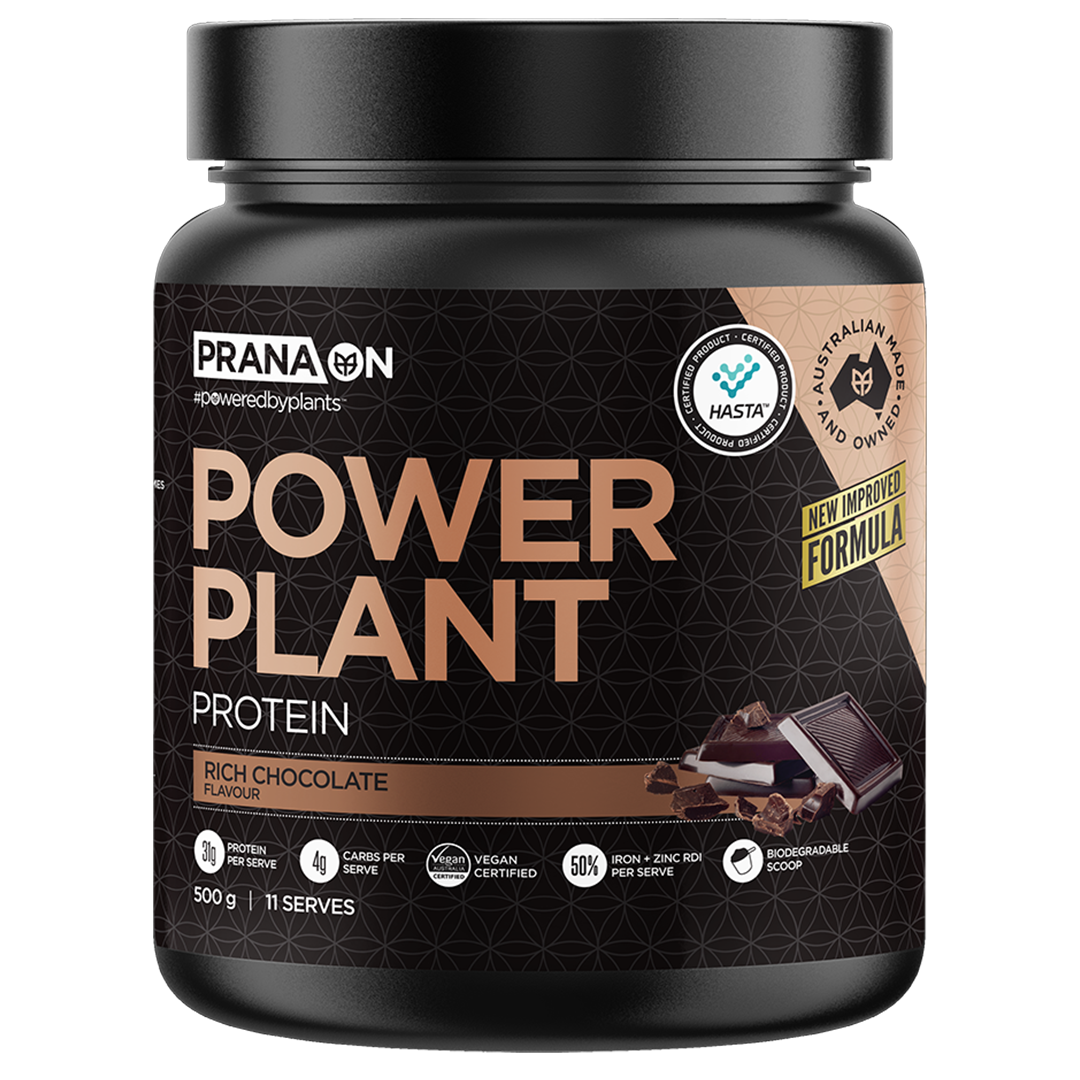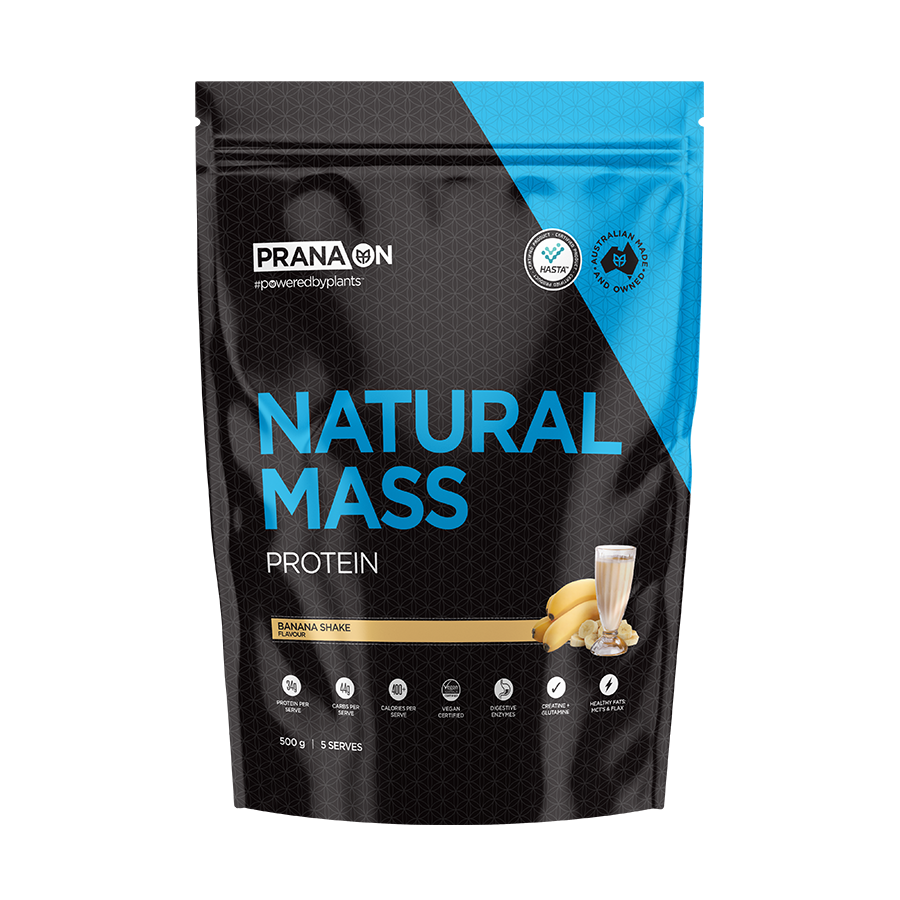Why Whey Protein is Upsetting your Stomach
For most athletes, supplementing with a good protein shake after a workout is just as important as warming up before a workout. However, not all proteins are created the same and digestive issues such as bloating, cramps and frequent trips to the bathroom are all too commonly associated with the consumption of whey protein.
Protein is essential for our active lifestyles in order to build and repair muscle tissue and when consumed correctly, protein supplements can be the catalyst to help you achieve your weight and fitness goals. While many people turn to whey protein in order to satisfy their protein needs, it can end up causing more harm to their health than good.
So what exactly is whey protein and what can happen when consuming it?
Whey protein is the byproduct of the process of turning milk into cheese. The negative side effects caused by whey protein include stomach cramps, excessive gas, irregular bowel movements, nausea and headaches. These symptoms are all closely associated with food allergies and intolerances. People have also reported having an inflammatory immune response such as congestion and mucous build up as a result of consuming whey protein and while many try to live with such symptoms and brush them off, they are not to be overlooked.
It is vital to address these issues and eliminate anything that is causing you pain or discomfort. Even more so, it is said that taking whey protein for an extended period of time can increase the risk of developing kidney disorders, including kidney stones.
Who is likely to experience these symptoms and why?
Those with a lactose intolerance or milk allergy, are highly likely to experience digestive discomfort symptoms when consuming shakes made with dairy-based whey proteins due to the fact that individuals with insufficient lactase enzyme activity aren’t able to properly digest lactose. What happens is that the indigested lactose makes its way to their intestines where it is fermented, and it is this process of fermentation that causes the unwanted side affects.
So if you get an upset stomach when you eat common dairy-based items like cheese and milk, then there’s a good chance whey protein supplements will cause you the same stress. According to the U.S. National Library of Medicine, it is estimated 65 percent of the human population has a reduced ability to digest lactose, with some ethnicities like South East Asians having a rate closer to a whopping 90 percent. Many whey protein powders are processed and filtered to remove some lactose before they are packaged and sold, but the amount of lactose present can vary from brand to brand, so is hard to avoid. On top of all this, it is also known that whey protein has the ability to dehydrate your gastrointestinal tract, causing gut malfunction and irregular bowels.
Tips to beat the bloat and have a happier healthier gut
Beat the bloat and avoid unnecessary stomach cramps by using the recommended serving size, waiting 30 minutes after a workout before having your protein shake, drinking it slowly, and most importantly, making the switch to natural plant-based proteins. Fortunately, we have a large range of high-quality plant-based alternatives available to us including pea protein, rice protein and hemp protein. Almost all plant proteins contain no allergens and are have soluble and insoluble fibre, making them the gut-friendly option.
They are easily digested and have great bioavailability, allowing them to be easily assimilated into the bloodstream. More so, pea and hemp proteins also contain all 9 essential amino acids needed to support muscle growth and repair, making them complete protein sources. Incredibly, people who have chosen to make the switch to natural plant protein sources have reported immediate relief.




Leave a comment